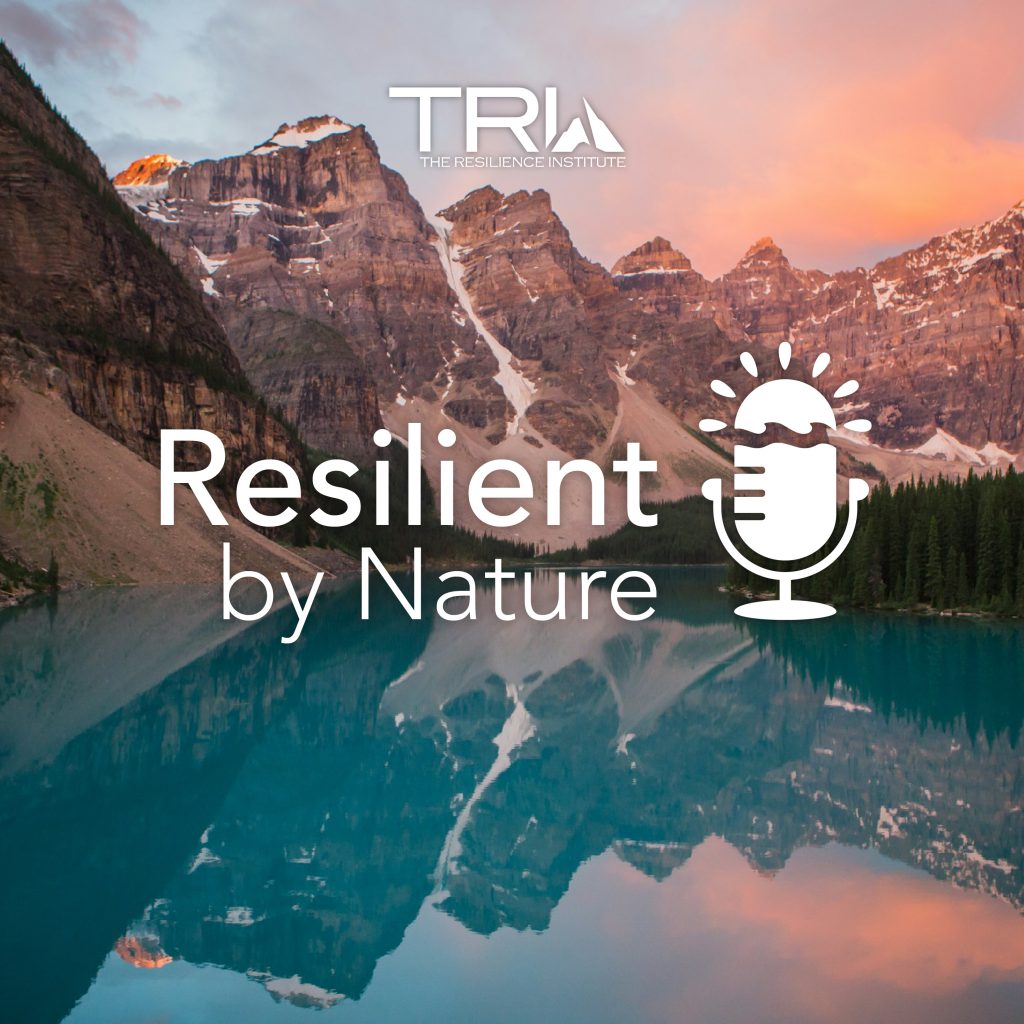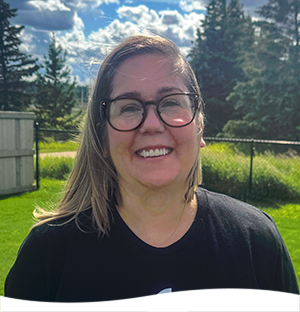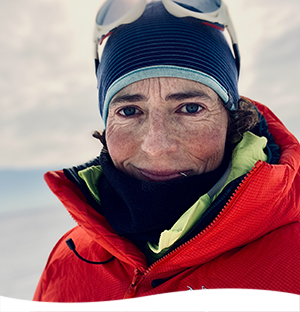Resilient by Nature Podcast

Welcome to Resilient by Nature – a new podcast from The Resilience Institute that brings powerful stories of people and place to the forefront of the climate conversation. Each episode highlights how communities are rising to meet the challenges of our changing world with creativity and courage. Season 1 is off to a story-rich start, offering listeners a compelling blend of lived experience, Indigenous knowledge, climate science, and local innovation.
Listen and learn about the creative people, unique climate issues, and innovative thinking that builds climate resilience.
Click below to listen or subscribe to the podcast on your favourite streaming platform.
Latest Episodes
Resilience Grows Here – Farming Through Climate Shifts
In this episode of Resilient by Nature, we travel to British Columbia’s Pemberton Valley, where just six family farms quietly uphold a responsibility far bigger than their footprint. These farmers produce virus-free seed potatoes—the genetic starting point of a significant proportion of North America’s potato crop. To grow a potato plant, you need a potato, and when the climate shifts, that fragile beginning is put to the test.
Eight Days Rain for the Nama People
This episode brings these worlds together: the scientist and the storyteller, the measurable and the mythical. Through the work of two researchers—separated by half a century but connected by the same stretch of desert—we glimpse how resilience is written not only in data, but in the imagination of those who call the desert home.
Libby’s Story – A Plume of Black Smoke
This episode features excerpts from an interview with Libby Elliot, former fire fighter turned social worker. You’ll hear what it was like to be firefighter during one of the worst fire seasons in Canadian history, and how those firefighters reacted when their own homes burn down, too. From lived experience, Libby answers the question – what does resilience really mean when faced with disaster?
Ayo, It’s Possible – Sweetgrass & Piikani Youth Perspectives
Hear from Thomas Peters, a Piikani youth with big dreams and a deep connection to the land. This episode explores the use of Sweetgrass in the Piikani community, Indigenous youth leadership, and environmental collaboration.
Bison and Climate Change
Meet Mitchel Janvier, a young Indigenous leader from Anzac, Alberta, and bison expert Wes Olson. Their insights into bison ecology and climate change weave a moving narrative of reconnection, stewardship, and hope for the future.
Fire and Ice
Journey to the Wood Buffalo Region of northeastern Alberta, where residents reflect on the aftermath of the devastating Horse River Fire. Learn how TRI’s Fire & Ice program helped a small community cohort heal, reconnect, and build resilience through shared experience.







